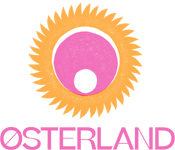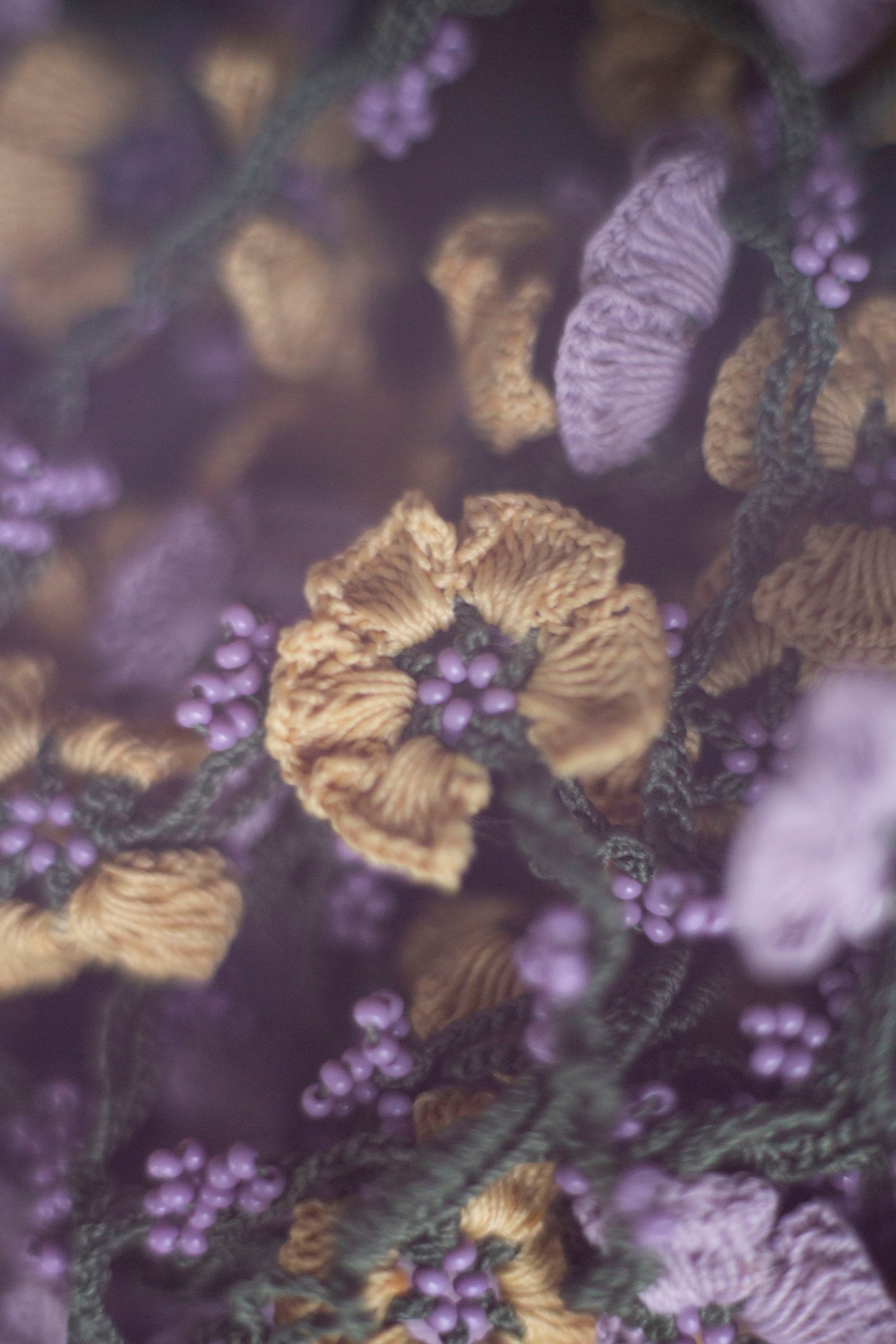Østerland is built on four fundamental principles, which has shaped our business model of selling unique, handmade, and sustainable craftsmanship from the Middle East and Central Asia, to have a positive impact on our earth, our artisans, and our conscious consumer.
#1 We believe that giving access to a global marketplace to artisans in the Middle East and Central Asia is a way to create sustainable jobs in these two regions
For this reason, we work with NGOs that train individuals who have been displaced and with NGOs that aim to restore traditional crafts and create job opportunities for the local communities. We also partner with small independent businesses and social enterprises in metropolitan cities, such as Istanbul, that employ women and men, regardless of age and ethnic and religious background. Giving access to e-commerce and the global market, enable craftsmen in these two regions to sell their products and thereby create a stable livelihood. This also helps preserve and further develop craftsmanship in these two regions.
#2 Our business model honors slow production, human hands, and preservation
Our handwoven kilims from Eastern Turkey have a production time of three weeks and the tailoring of our ikat shirts can also take several days. We prefer human hands over machines, and quality over quantity. We believe that slow production furthers the unique and beautiful expression of our products and ensures that quality is always prioritized.
#3 Sustainability! All our artisans and craftsmen across the Middle East and Central Asia are using eco-friendly and local materials
We use materials such as locally harvested wool, cotton, silk, plant-based weaves, gold, silver, gemstones, and brass from the regions we are working in. By working with natural materials and creating employment opportunities for local communities, we aim to contribute to poverty reduction by supporting the creation of sustainable and decently paid jobs for artisans in the Middle East and Central Asia. Our aim is to sell products that tell a story and help to bridge the gap between craftspeople and sustainability-aligned markets.
#4 SDGs! We work with the sustainable development goals, specifically goal 1, 8, 12 and 17.
Today, thousands of artisans, craftsmen, and refugees are in need of employment in the Middle East and Central Asia, and by buying directly from the makers and partnering with NGOs and social enterprises in the region, we are committed to create better employment opportunities in the region. So, in terms of the SDGs, we want to create decent work through partnerships. You, as a customer of our products or a reader of our stories, become a part of this partnership!




